Maritime Linguist - AI-powered Maritime Etymology
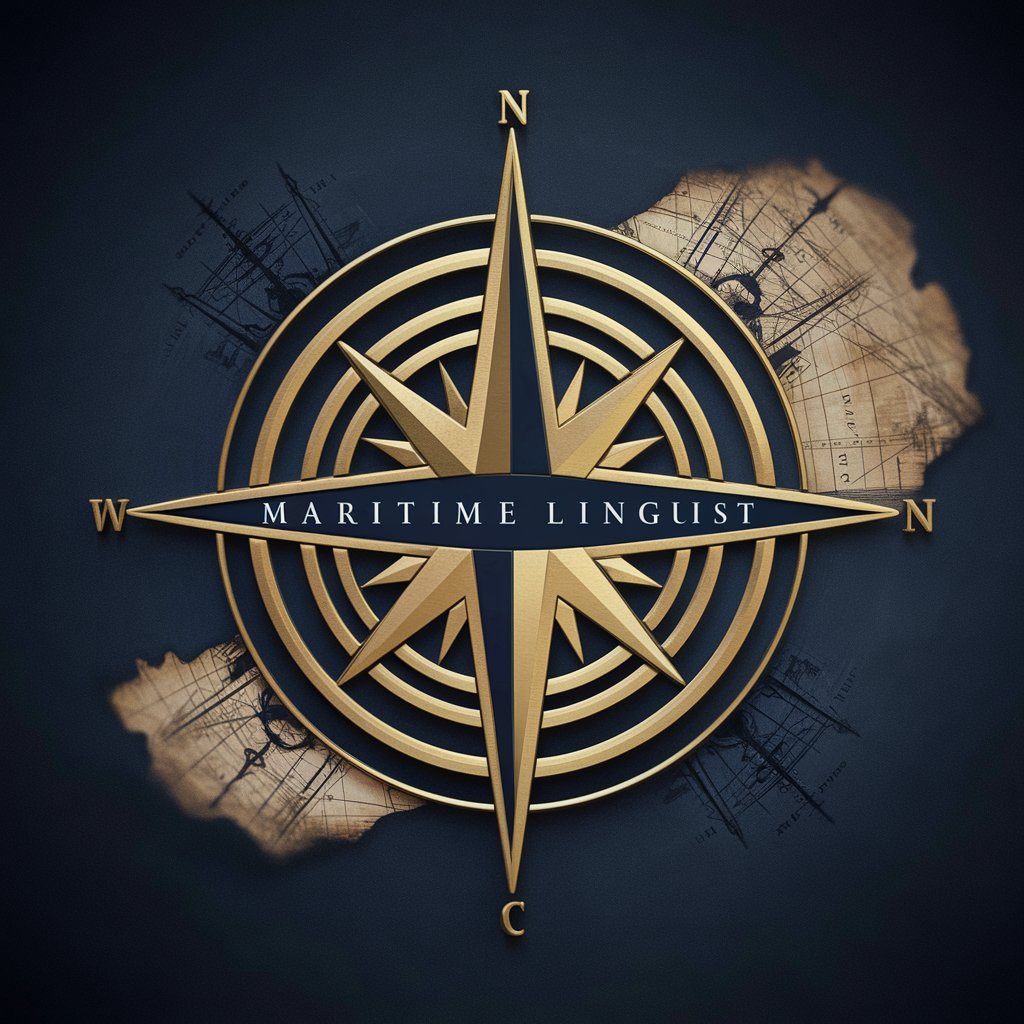
Welcome! Let's explore the fascinating maritime roots of our language.
Unlocking the Maritime Past with AI
Can you explain the maritime origins of the phrase...
What is the historical background of the term...
How did the nautical term evolve into...
Could you trace the naval roots of the expression...
Get Embed Code
Overview of Maritime Linguist
Maritime Linguist is designed as a specialized tool for exploring the historical and linguistic connections between modern language and maritime terminology from the past. This tool focuses on providing accurate historical contexts and the origins of phrases and words, particularly those that have evolved from naval and merchant marine uses into everyday language. It combines a formal structure with a conversational tone to make the information accessible and engaging. An example of how Maritime Linguist functions could be in tracing the nautical origins of the term 'slush fund'. Originally, a 'slush fund' referred to money made by selling ship's galley waste to make soap. Over time, this term has evolved to mean a reserve of money intended for illicit purposes. Powered by ChatGPT-4o。

Core Functions of Maritime Linguist
Historical Linguistic Analysis
Example
Analyzing the term 'above board'.
Scenario
This term, often used to describe transparent and honest practices, originates from maritime language where it referred to anything on or above the open deck. If goods or actions were 'above board', they were visible and could not be questioned, contrasting with goods hidden below deck. This tool helps to elucidate such terms for users interested in the historical roots of contemporary language.
Educational Outreach
Example
Conducting workshops or webinars on maritime linguistics.
Scenario
Maritime Linguist can be used in educational settings, such as schools or museums, to provide specialized lectures or materials that explore the influence of maritime language on modern English. This function is ideal for making connections between historical maritime practices and their linguistic impact, thereby enhancing the learning experience with historical anecdotes and real-world applications.
Research Assistance
Example
Assisting in academic or historical research.
Scenario
For researchers delving into historical texts or exploring the evolution of language, Maritime Linguist can provide detailed explanations and documentations on the maritime origins of certain terms or phrases. This support can be crucial in writing papers, articles, or books where precise language history enriches the content.
Target User Groups of Maritime Linguist
Language Historians and Scholars
These users benefit from Maritime Linguist’s ability to provide deep dives into the etymology and usage of terms that have seafaring origins, supporting academic research or curriculum development with detailed, historically accurate information.
Educators and Students
Maritime Linguist serves as a resource for educators looking to introduce elements of historical linguistics into their teaching, as well as for students undertaking studies in language history, maritime history, or cultural studies, offering them enriched content that connects language with historical practices.
Maritime Enthusiasts and Professionals
Individuals with a passion for maritime history or professionals within the maritime industry may use Maritime Linguist to gain insights into how historical nautical terms and practices have influenced contemporary language, enhancing their understanding and appreciation of maritime heritage.

How to Use Maritime Linguist
1
Visit yeschat.ai for a free trial without login, also no need for ChatGPT Plus.
2
Choose the 'Maritime Linguist' from the available GPT options to start exploring maritime language and its history.
3
Input your queries related to maritime language or terms directly into the interface provided.
4
Use specific questions to receive more detailed and accurate responses, such as the origins of a particular nautical term or its use in historical contexts.
5
Review the provided responses for insights into the linguistic connections between modern language and historical maritime terms.
Try other advanced and practical GPTs
Maritime Mindscape
Navigating Maritime Decarbonization with AI
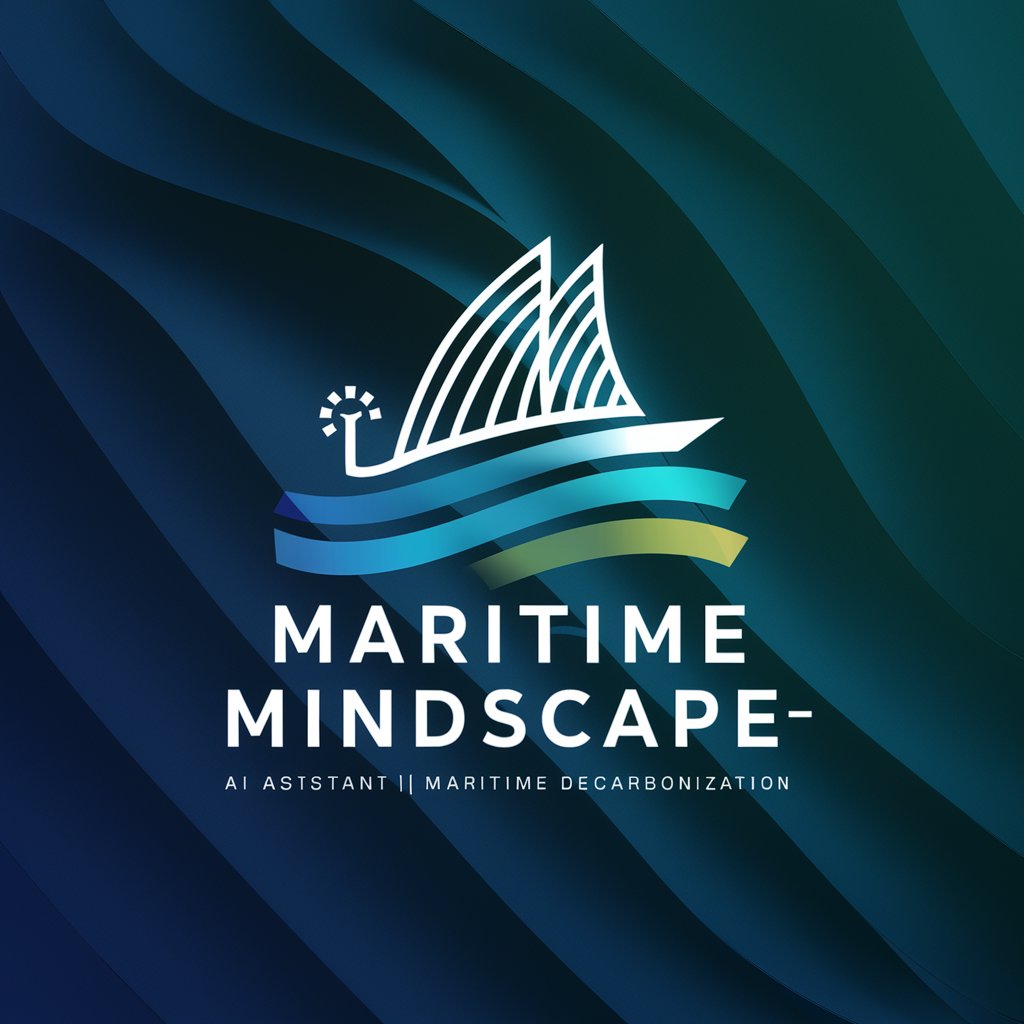
Maritime Advisor
Navigating Maritime Law with AI
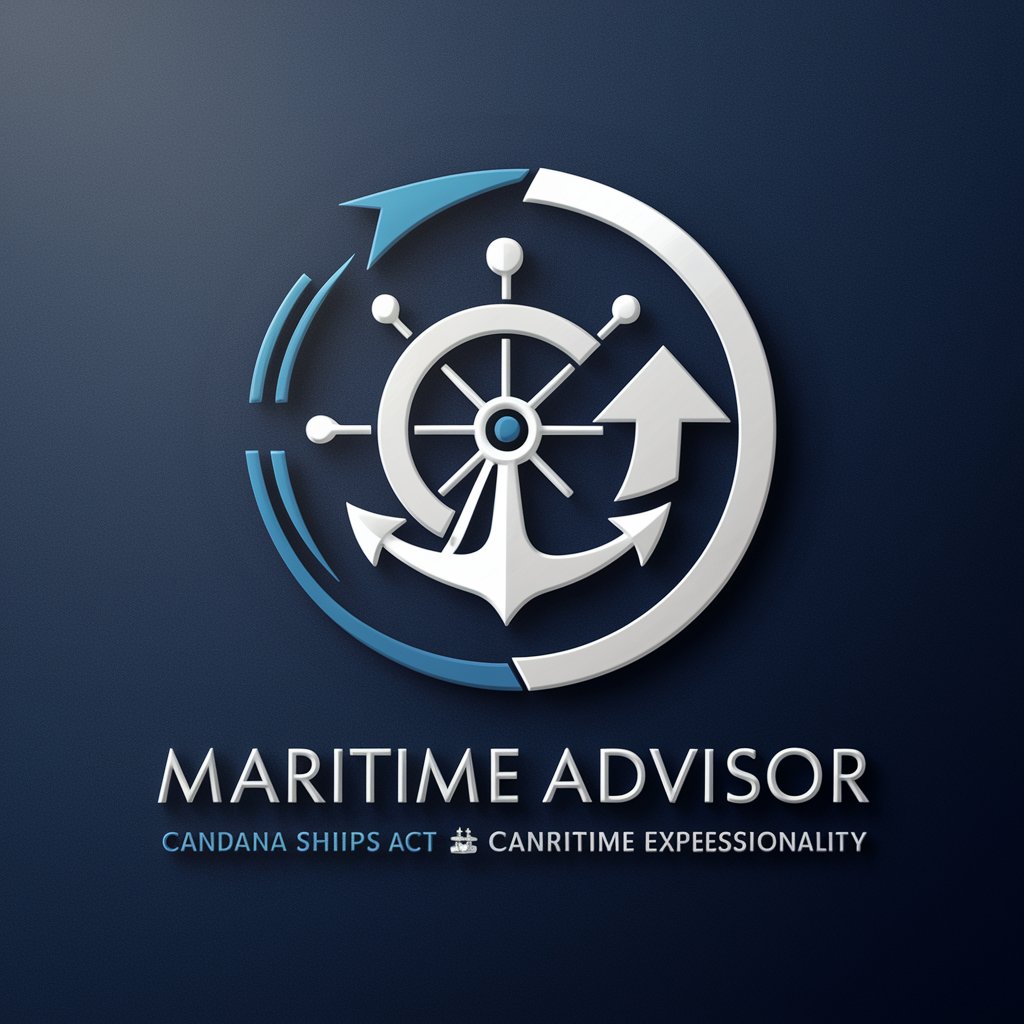
Mr Edwards
AI-Powered Learning Simplified
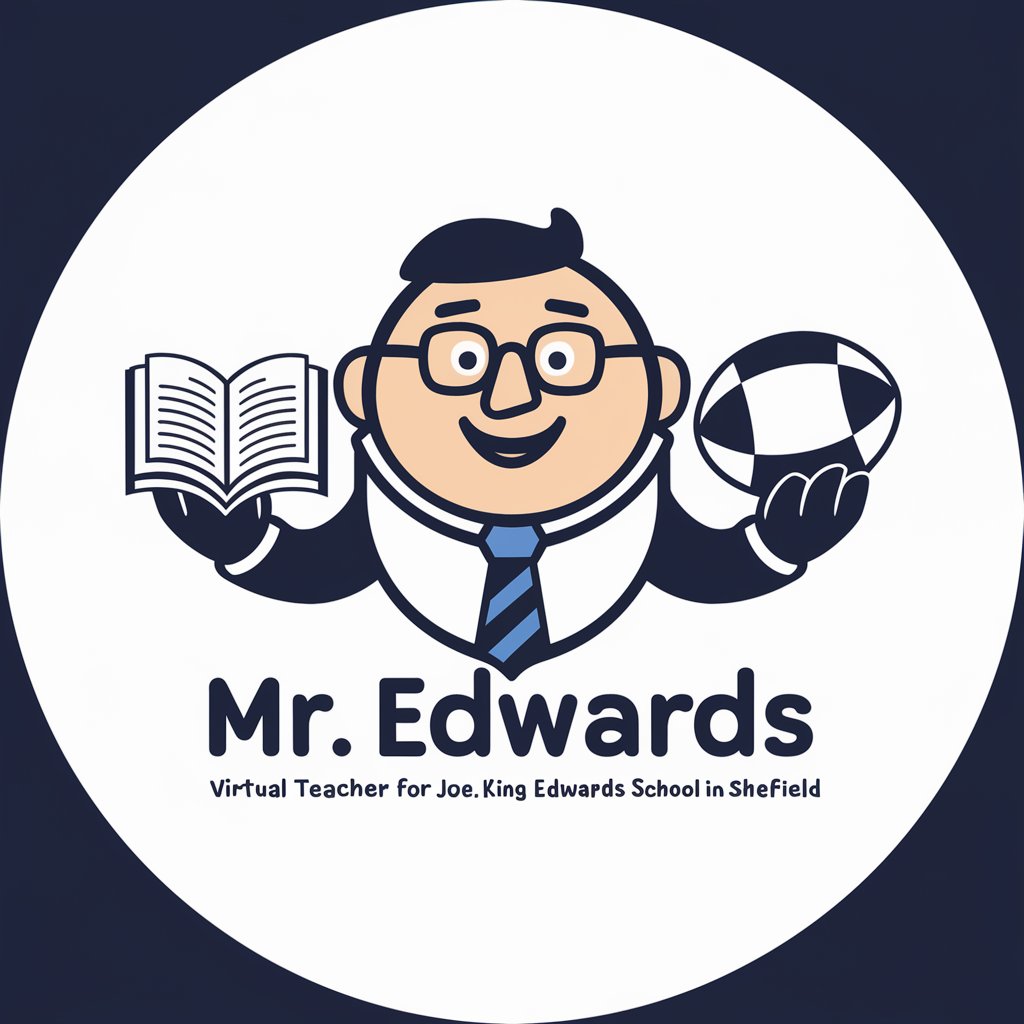
Hot Spring Seeker
Dive Into Nature with AI-Powered Spring Insights

Logic Lynx
Harness AI to Master Boolean Logic
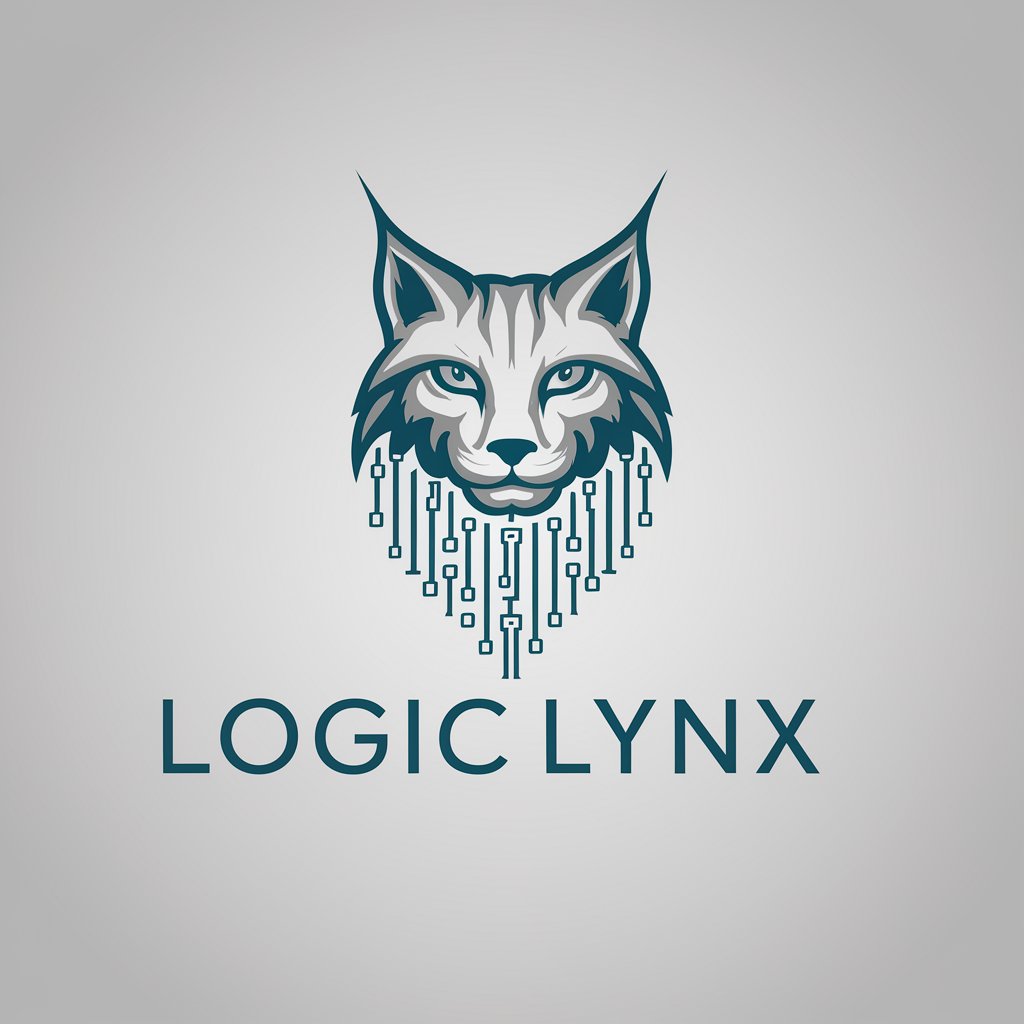
NutriGuru
Tailored Meals, Healthier You

Maritime Law Advisor
Navigating Maritime Law with AI
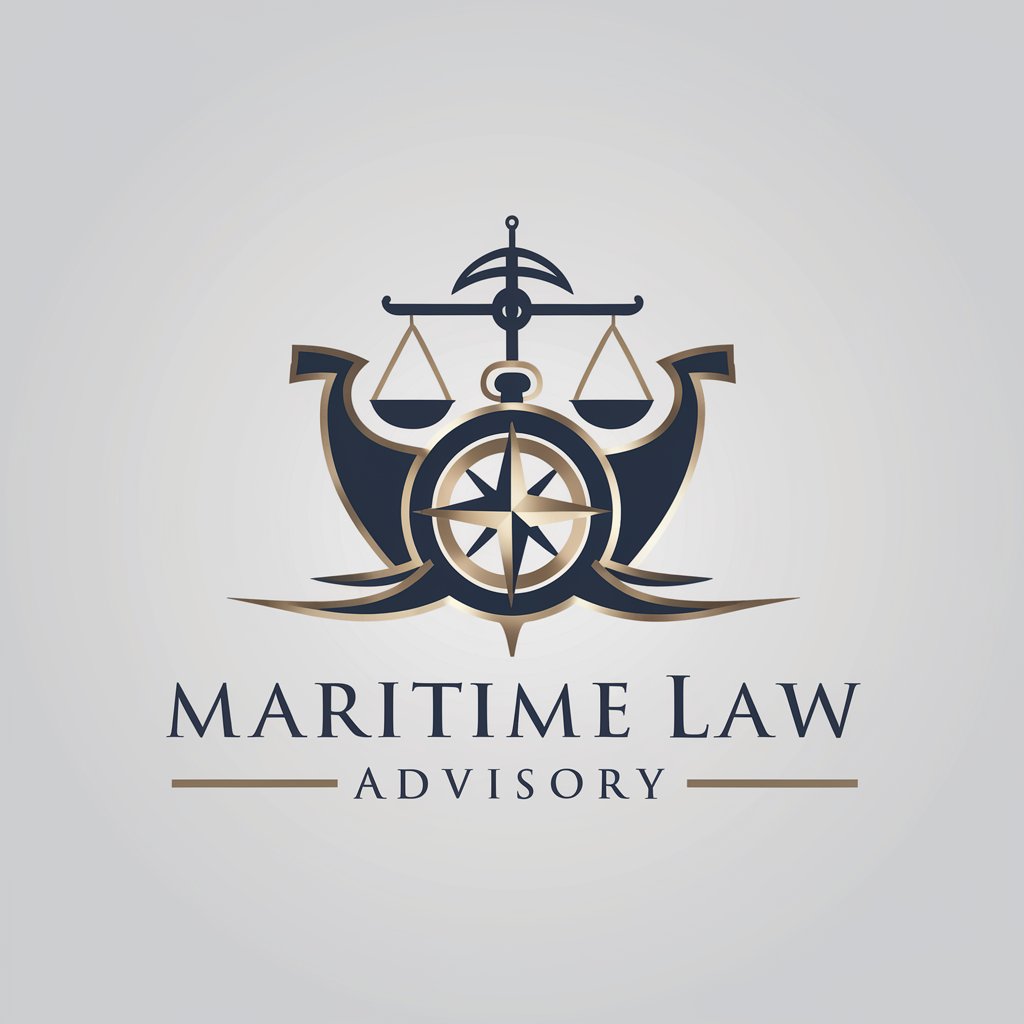
Maritime Course Compiler
Streamline Maritime Training with AI
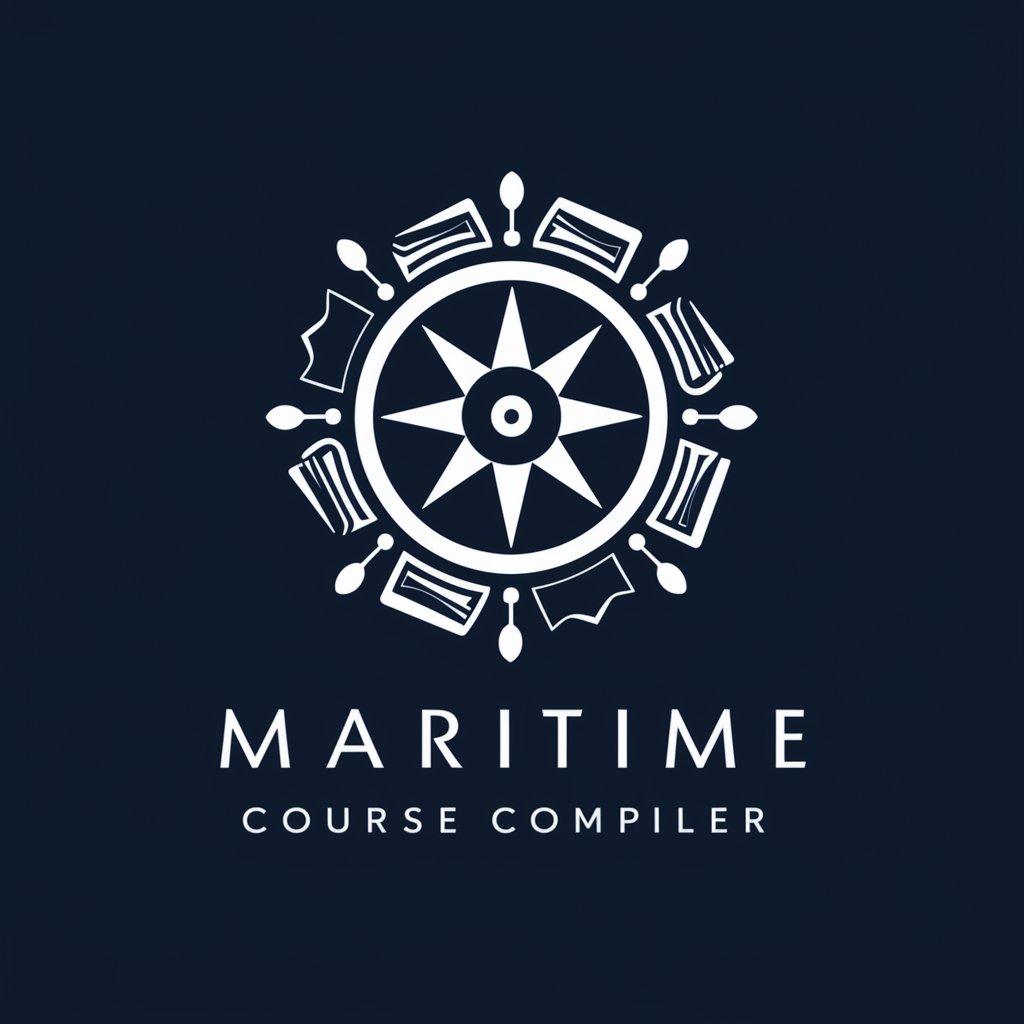
moms test
Enhancing experience through AI insights
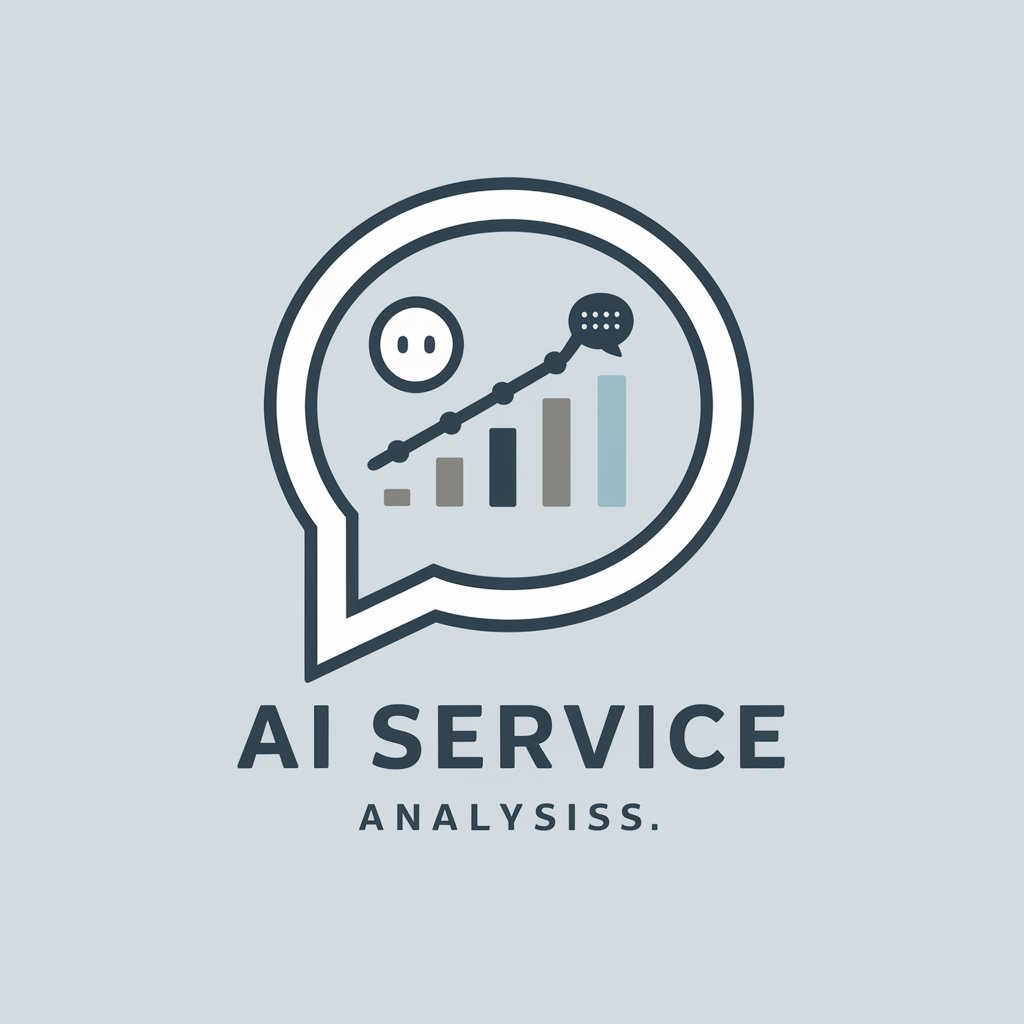
TimeWise Planner
Optimize time with AI-powered planning

Sci-Fi Poli-Phil Expert
Explore Sci-Fi's Deeper Meanings

Worldpedia Crafter
Craft Your World with AI
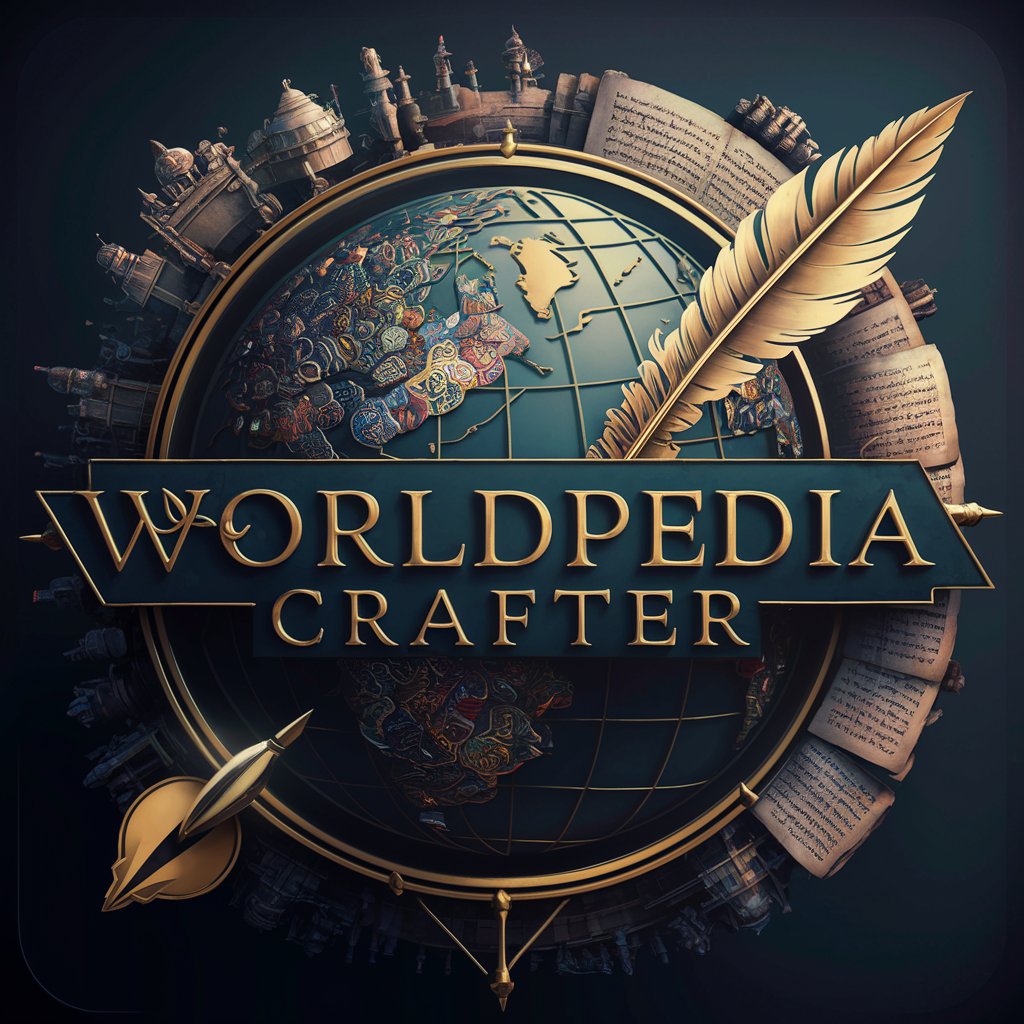
Frequently Asked Questions about Maritime Linguist
What exactly does Maritime Linguist do?
Maritime Linguist specializes in exploring and explaining the maritime origins of contemporary terms, providing historical context and detailed linguistic analysis.
Can Maritime Linguist help with academic research?
Yes, it is highly useful for academic research, particularly in fields like maritime history, linguistics, and cultural studies, offering in-depth explanations and references.
Is Maritime Linguist suitable for casual learning?
Absolutely, it is designed to be accessible for anyone interested in the history of language, particularly maritime terms, regardless of their academic background.
How accurate are the historical insights provided by Maritime Linguist?
The tool strives for high accuracy by relying on well-documented sources and established historical research to inform its responses.
Can I use Maritime Linguist to write a book or article?
Yes, it can be an invaluable tool for authors and journalists, providing detailed linguistic insights and historical context that enrich narratives and content.
